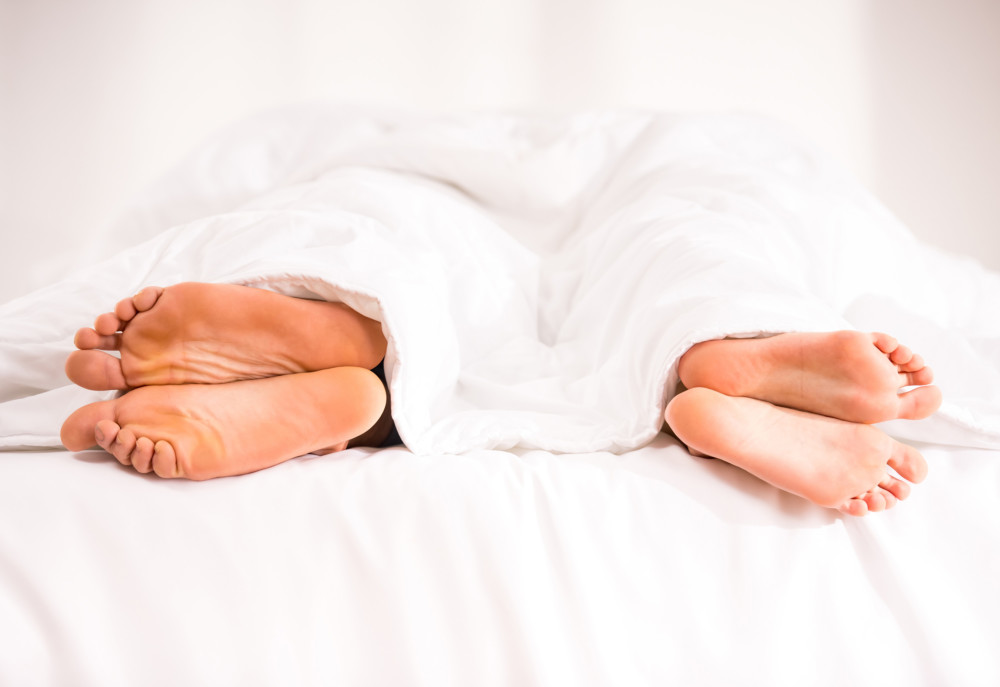By Heidi Stevens
Chicago Tribune
WWR Article Summary (tl;dr) A fascinating new Atlantic article takes a deep dive into what author Kate Julian dubs “the sex recession.”
Chicago Tribune
The good news is young people are having sex later and less frequently than previous generations.
The bad news is young people are having sex later and less frequently than previous generations.
A fascinating new Atlantic article takes a deep dive into what author Kate Julian dubs “the sex recession.”
“To the relief of many parents, educators, and clergy members who care about the health and well-being of young people, teens are launching their sex lives later,” Julian writes. “From 1991 to 2017, the Centers for Disease Control and Prevention’s Youth Risk Behavior Survey finds, the percentage of high-school students who’d had intercourse dropped from 54 to 40 percent. In other words, in the space of a generation, sex has gone from something most high-school students have experienced to something most haven’t. (And no, they aren’t having oral sex instead, that rate hasn’t changed much.)”
The statistics cut across race, gender and educational level.
This, despite the fact that sex has arguably never been easier to find (Hi, Tinder) or regarded with less shame.
The share of Americans who say sex between unmarried adults is “not wrong at all” is at an all-time high, Julian notes, birth control is easy to access and we toss around terms like polyamory, kink and BDSM with abandon. (Hi, “Fifty Shades”).
“These should be boom times for sex,” Julian writes.
The fact that they’re not is, in many ways, good news. The U.S. teen pregnancy rate has been declining since the ’90s and is at a third of its modern high. Some experts, Julian notes, say the statistics indicate that young people feel less pressured into sex they don’t want to have, thanks to shifting gender expectations, a better understanding of consent and growing awareness of diverse sexual orientations, including asexuality.
Hooray!
Then again …
“Signs are gathering that the delay in teen sex may have been the first indication of a broader withdrawal from physical intimacy that extends well into adulthood,” Julian writes.
Particularly when you consider data that indicate people in their 20s and beyond are also having sex less frequently than previous generations were having at their age.
That, to me, is the most interesting thread in Julian’s long, multifaceted, nuanced article.
A healthy, happy sex life is an important indicator in a person’s overall well-being. If forces are swirling together into a storm that sabotages our ability to achieve that, we should recognize the red flags waving on the landscape of what seems like, at first glance, all good news.
Through interviews and data analysis, Julian explores the impact of several factors that may be contributing to the lower rates of sex among teens and 20-somethings: an increase in the number of adults under 35 living with their parents, helicopter parents, lower rates of marriage and co-habitation, Netflix and other on-demand entertainment options serving as a no-fuss substitute, easy access to porn for sexual release, dating apps that are ubiquitous but inefficient, an over-reliance, in general, on screens for so much of people’s relating, communicating, connecting.
Taken all together, that feels like a lot of red flags.
“When, over the course of my reporting, people in their 20s shared with me their hopes and fears and inhibitions, I sometimes felt pangs of recognition,” Julian writes. “Just as often, though, I was taken aback by what seemed like heartbreaking changes in the way many people were relating, or not relating, to one another.
“In time, maybe, we will rethink some things,” she continues. “The abysmal state of sex education, which was once a joke but is now, in the age of porn, a disgrace. The dysfunctional relationships so many of us have with our phones and social media, to the detriment of our relationships with humans. Efforts to ‘protect’ teenagers from most everything, including romance, leaving them ill-equipped for both the miseries and the joys of adulthood.”
All of which has me, as a parent, contemplating how to raise my kids to respect and protect their own and other people’s bodies and desires, but also to cultivate the skills to form human connections that surpass the fleeting and lukewarm satisfaction of Netflix and other screen-based avocations.
No small undertaking, but one that feels more essential than ever.














































































































































































































































































































































































